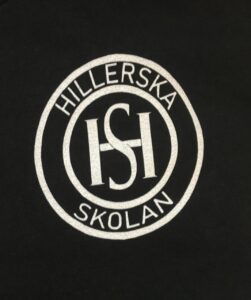I have remarked before that Robert Mugabe was one of the best orators I have ever heard. I am not alone in having been impressed. Below is an assessment of Mugabe’s oratory and personality, by Zimbabwean journalist Jan Raath, published in The Times (London), 12 November 2017, under the headline, “Forty years ago, I too was beguiled by Robert Mugabe, the young guerrilla leader”.
I will treasure the events of yesterday afternoon for the rest of my life. I had driven to the Harare international conference centre to hear a rather dry debate on the impeachment of Robert Mugabe, the man I have been covering for this newspaper since 1975.
Continue reading ‘The personality of Robert Mugabe’
